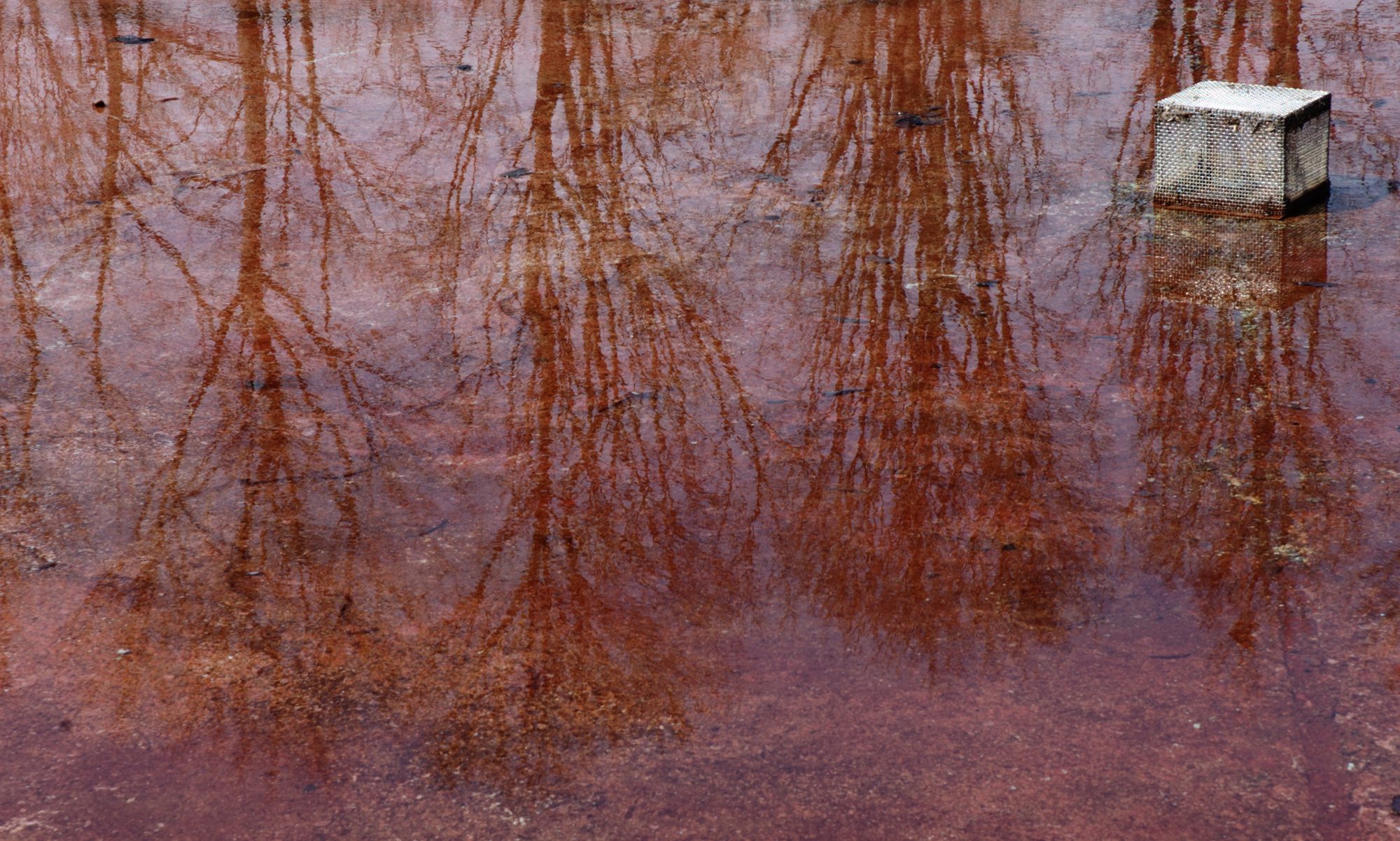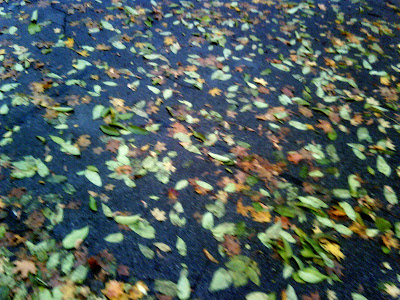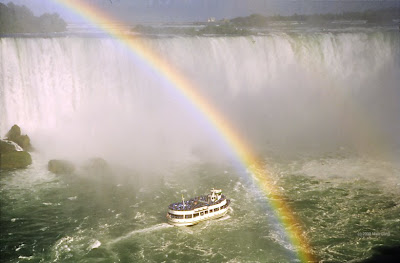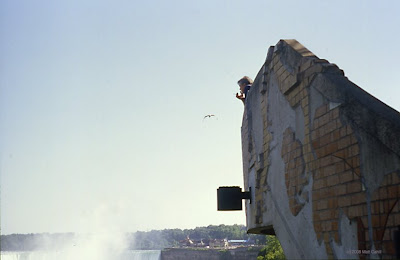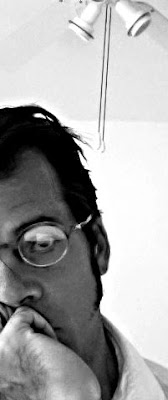
Although this will go down as a formative, self-defining year, one of my great frustrations of 2009 is the inability to find the time and/or energy to collect, polish, publish all of the things, happenings, and concepts that come across my path – not even a healthy fraction. I’ve had more success capturing visuals but that’s due to being in the right place/time with a cellphone camera rather than wilfully executing a deliberate agenda.
Work is going like gangbusters, which I am thankful for, the novel is improving with every moment I spend revising it (helps that people actually want to read it), and most recently/surprisingly I have become a homeowner. Just two days ago I was offered a part-time teaching position from a respectable college for a respectable film/TV program.
And yet, at risk of portraying myself as spoilt (or tetched), it seems as if it’s not enough. I feel there is so much going on that I want to grab hold of: the recent (Twitter-inspired) trend of authors turning around and publicly accusing peers of personal attacks when in fact they are just doing their jobs (eg. book reviews), the aesthetics of stereoscopic imagery (that’s 3D for you junior rangers), and the way in which the world unravels and combines at the same moment in time like a Möbius strip, and what about the Perimeter Institute for Theoretical Physics in Waterloo…?
It’s too much for me. Everything: life, art, work… I hit the mattress every night and practically pass out. I used to read… I read War & (f’ing) Peace in the time between laying down and actually sleeping. Luxury! says the current me. Mind you, he gets more sleep and perhaps has a better grasp on the whole “early to bed, early to rise” thing. Maybe I shouldn’t be visualizing the voice of “current me” as being spoken in the harsh brogue of a Scottish authoritarian.
 Things felt as if they were falling apart in the spring, like when the aperture ring on my Zorki-4 came loose, right in the middle of shooting some nice “golden hour” shots on Dundas West (just south of Kensington Market) after a fallow 35mm winter. Little could I guess that within a few months I’d be living in a house just five minutes north of where I took these photos. Thankfully, most of them came out fine. Perhaps it was all an elaborate metaphor for being patient, for trying hard to see the forest rather than scrutinize the pines, the mouths of gift horses, etc.
Things felt as if they were falling apart in the spring, like when the aperture ring on my Zorki-4 came loose, right in the middle of shooting some nice “golden hour” shots on Dundas West (just south of Kensington Market) after a fallow 35mm winter. Little could I guess that within a few months I’d be living in a house just five minutes north of where I took these photos. Thankfully, most of them came out fine. Perhaps it was all an elaborate metaphor for being patient, for trying hard to see the forest rather than scrutinize the pines, the mouths of gift horses, etc.
This may all be true, if terribly clichéd. And who would give a horse as a gift in the first place?
This is not a lengthy letdown friends, as if to say that this blog has served its purpose and is to be cast onto the great cyber-somethingsomething where cyber-things are cast and probably set on fire. No, I will not be taking this blog on a walk into the woods, with Daddy and his shotgun. I’m just reaching a threshold where life is requiring more concentration and energy, leading me to ask (hello, rhetorical!) how imaginary magnitude can adapt to suit these changes without looking like an outmoded vehicle or an abandoned hobby (or both). Yes, as I said, rhetorical. But since when has rhetorical ever been a particularly devastating accusation?
Rhetoric is just a temporary building material, made up of the same stuff that kludges are moulded out of. Hope (if not faith), led by patience. That word again: patience. I think I met you somewhere, at a bar maybe, when I was younger and looking for your type. It is true that rhetoric cannot keep a tower standing, but it can inspire the building of towers.
Where am I going with this…right: things are odd, and unbalanced, and it all points to a giant (fictional) neon sign blinking just above my head, big-city halo-like, which says: TRANSITIONAL PERIOD OF ADJUSTMENT. Fair enough (if not sexy).
I suppose I am writing this to say that I’m here for you, but not in the way that I was, which is not to say that I am not still here. My focus is changing, not changing for change’s sake but fermenting into something more stable and powerful. I guess, if I may go back and answer an earlier question, the reason why I am not as prolific here as before is that – now that I am slipping into a new stream of life – my energy must be treated as a finite commodity. Perhaps this, for now, is “success”, and I’m just looking at it like a paleontologist holding a magnifying glass against a piece of the Arctic ice shelf, unsure of what is before him.
Tell you what: when I find out, I’ll let you know. The long and short of it is that I’m still here, but here may be changing to suit my needs. We’ll see. We.

